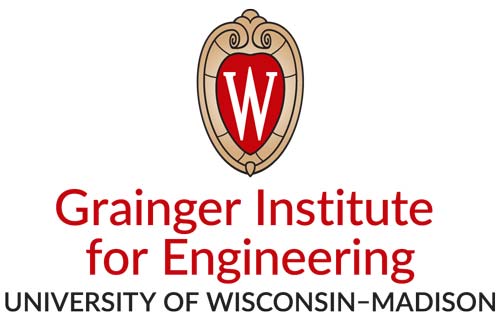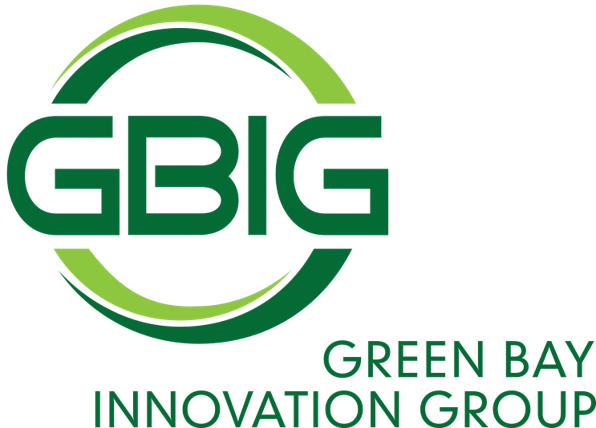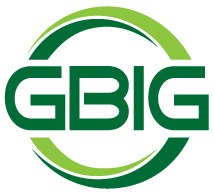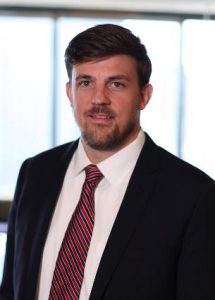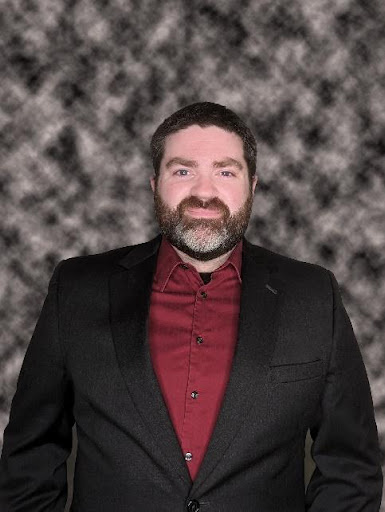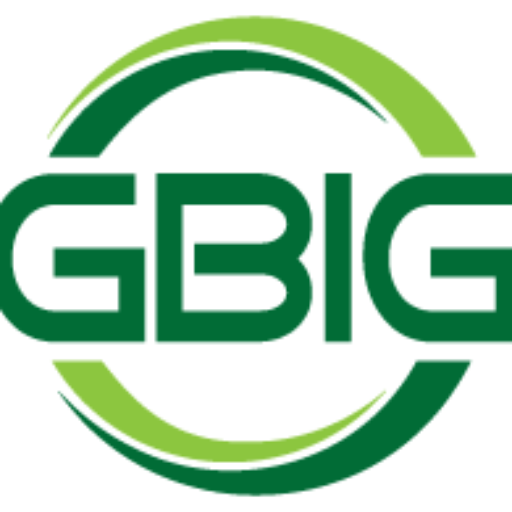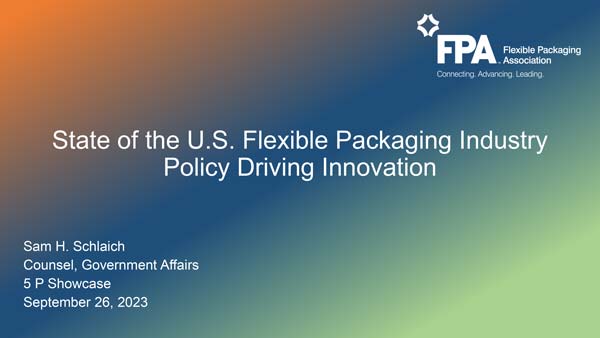Safety validation plays an essential role in the industrial sector. Not only does it verify the functionality of safety systems but prevents accidents by minimizing risks.
By conducting thorough assessments of equipment, protocols, and procedures to confirm their efficacy, organizations can take a proactive approach in reducing risks. Safety measures play a valuable role in establishing a culture of accountability and diligence which create a secure and responsible working environment.
Safeguarding workers, enhancing productivity, and strengthening your business’s reputation are all crucial reasons for safety validation to be a top priority in your operations.
The Vital Role Of Safety Validation
Risk mitigation measures are critical in preventing accidents and ensuring that operational environments are safe.
Safety validation plays an important role by:
- Identifying potential hazards by meticulously reviewing operational procedures, equipment, and workplace environment
- Verifying that safety measures are working as intended
- Ensuring compliance with safety standards and regulations
- Allowing for continuous improvement of safety measures and procedures
- Creating a culture of safety within your organization
By identifying and addressing potential hazards, taking safety seriously and making sure safety measures are working as intended fosters an atmosphere of security within your business.
To shed some light on the importance of robust safety protocols, let’s look at a real-world situation that involves a malfunctioning emergency stop button.
Case Study: ISO 13949-2 Compliant Validation for Steel Slitting Line
A Quad Plus customer hired us to do a line speed upgrade that included establishing new safety functionality and identifying any existing safety concerns. We provide validation services using our machine consultants as a routine part of our complete safety services. During the validation process, we found several emergency stop buttons that failed to initiate an emergency stop.
Needless to say, any failure of this kind had the potential to lead to serious consequences and required an immediate fix. As our engineers were still on site, they were able to address the problem and restore function to the buttons promptly without incident.
You can find the full case study here: https://www.quadplus.com/case-study/iso-13849-2-compliant validation-for-steel-slitting-line
Understanding Standards and Regulations
Several key safety standards and regulations are used to guide safety validation in a variety of industries, including:
- The ISO 13949-2, as mentioned in the above case study, provides safety guidance for design and integration of safety-related parts of control systems, including software
- The ISO 45001 provides international standards for occupational health and safety (OH&S) while the OSHA Standards (United States) enforces standards for healthy working conditions for employees within the United States
- The EN ISO 12100 provides basic terminology, principles, and methodology for safety in the design of machinery
- An international standard for the functional safety of electrical, electronic, programmable safety related systems is the IEC 61508 and the IEC 62061 provides guidance for the electrical, electronic, and programmable electronic control systems of machines
Failure to comply with these standards can result in legal penalties, fines, work stoppages, reputational damage and most importantly an increased risk of accidents and injuries.
Safety Validation Across Paper, Packaging, Printing and Converting Industries
Due to the nature of operations and machinery involved in the paper, packaging, printing and converting industries, particular attention must be given to safety.
Specifically:
- Due to the high-speed operations and use of chemicals in the paper industry, safety should focus on emergency stops, machine guards, safety procedures and safe handling of chemicals
- The packaging industry involves a lot of automated and conveyor systems that require safety measures such as emergency stops and safety interlocks
- Exposure to chemicals, machinery accidents and fire hazards are the main risks found in the printing industry and require robust safety measures specific to those risks
- In the converting industry raw materials are transformed into products involving machinery and potentially hazardous materials which require comprehensive safety measures
The unique operational complexities of the above industries, underscore the critical need for tailored procedures in these organizations.
Advancing Safety Through Validation
Safety validation is a proactive commitment to safeguarding workers and bolstering industry standards. By overseeing the effectiveness of safety systems and protocols, organizations can avoid accidents and minimize risks to their workers.
A dedication to safety ripples through your business setting a foundation of responsibility and diligence in all employees.
The combination of identifying potential hazards, ensuring compliance, and nurturing a safety-focused culture serves as a testament to the invaluable role of safety validation in maintaining both the well being of your workers as well as your operational integrity.
The Quad Plus experts are dedicated in identifying safety issues and rectifying them giving organizations the confidence that catastrophic accidents and injuries won’t occur.
If you have concerns about your operations or would just like peace of mind regarding safety and protocols, contact Jim Wolf at (920) 515-4155 or via email at jwoulf@quadplus.com for a complete safety assessment.
Quad Plus
1266 Home Ave Menasha WI 54952 www.quadplus.com
Sales Contact
Jim Woulf
(920) 515-4155
jwoulf@quadplus.com
